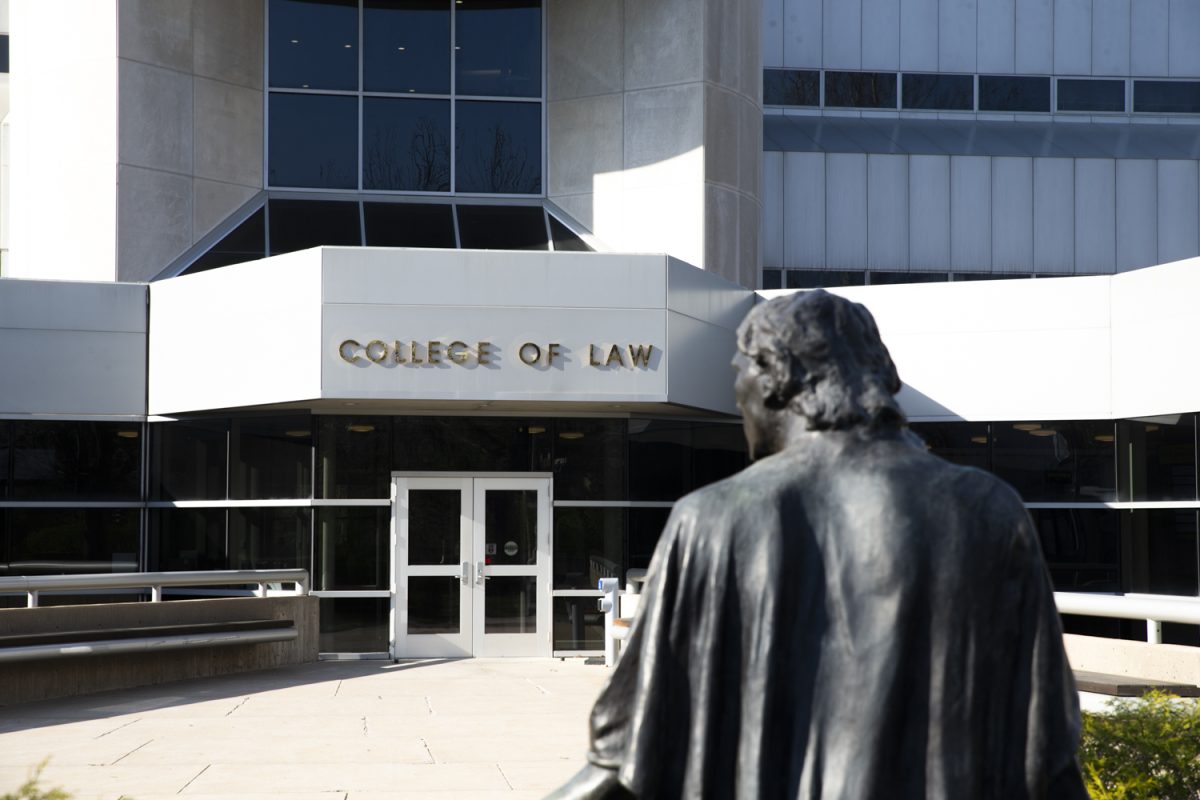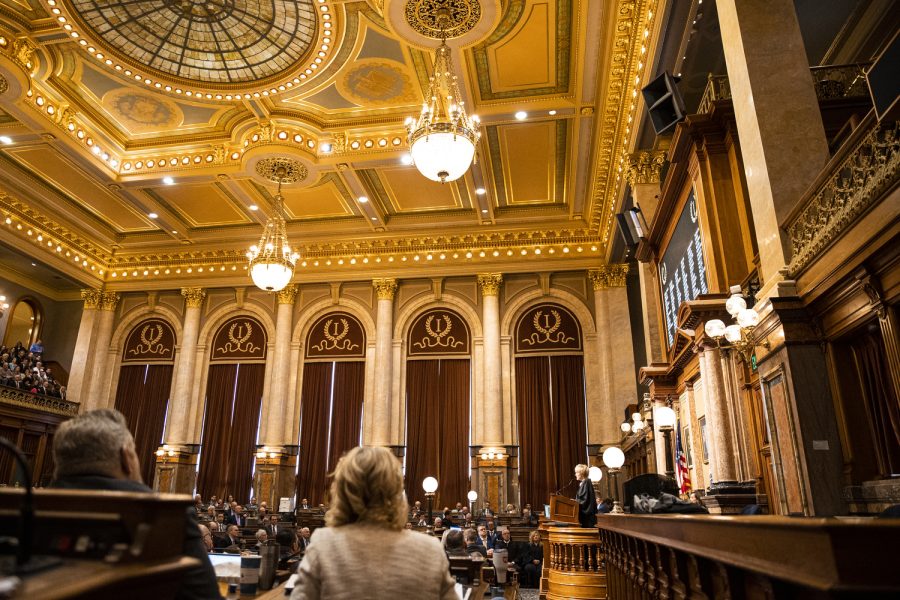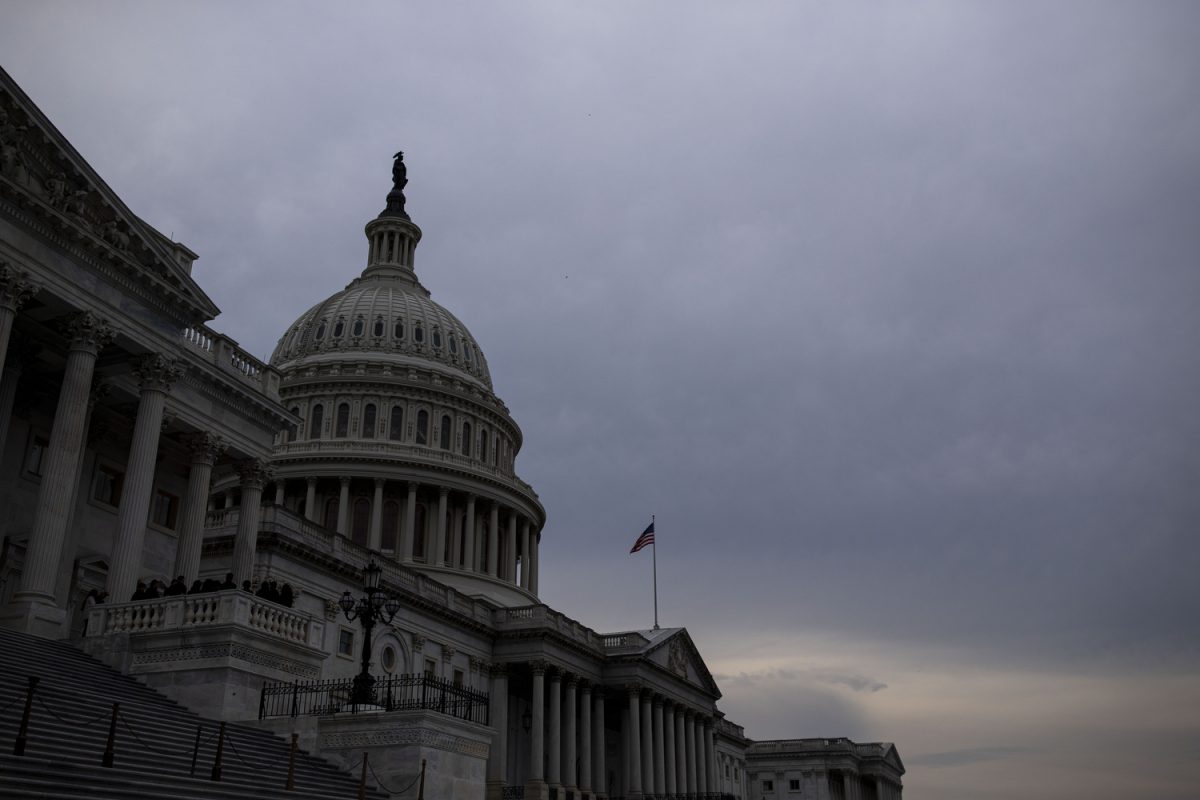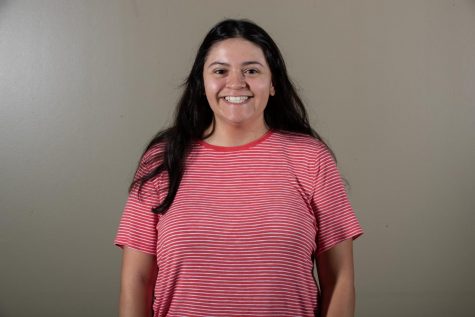House File 2204 bill was introduced in early February by Rep. Ruth Ann Gaines, D-Des Moines, a former educator; it aimed to mandate one-half unit of cultural-competency coursework for ninth-grade students in Iowa public schools.
While the bill did not make it through the first funnel in the state Legislature, meaning it was not voted out of the House education subcommittee, it was referred to after its first reading.
Yolanda Spears, the University of Iowa coordinator for the Critical Cultural Competency Certificate Program, said there is a need for students to learn about different cultural groups in society, and it should start earlier than ninth grade, as the bill proposed.
“I think conversations about race, color, and differences need to be age-appropriate, and it needs to start early,” she said, noting the discussion should start in preschool.
The coursework would have included lessons on understanding the values, lifestyles, history, and contributions of various cultural groups, as well as recognizing biases and the effect they have on interpersonal relations.
Gaines said cultural-competency education would not only create a more inclusive environment in the future but throughout a student’s four years of high school by having the course as a freshman.
Spears said no matter where people go, they will encounter others who belong to various cultural groups, and it is imperative to understand the histories, struggles, and joys of those groups and what they bring to society.
Gaines, who is running for her fifth term this year, said she will continue to propose legislation similar to HF2204 if re-elected, but she noted that she does not take anything for granted.
RELATED: Cultural centers to receive additional support from UISG
The National Education Association defines cultural competence as “having an awareness of one’s own cultural identity and views about difference, and the ability to learn and build on the varying cultural and community norms of students and their families.”
Spears described cultural-competency education as the foundation for later understanding of how systems of oppression work as well as understanding bias and discrimination. She also said it can unite people both at home and abroad.
Jesús Payán, the coordinator of Multicultural Programs at the UI Latino Native American Cultural Center, also described education as only the first step; the next step would be learning to be culturally responsive, which, he said, could come from having cultural competency embedded in the design of the education system.
He also noted that learning about different cultural groups and being more culturally responsive is important because it opens people to having new experiences.
“When you create these new experiences of meeting a person from a different circle, a different membership, a different community, it creates this new reality that you can now cherish the moment and experience a new reality that you wouldn’t have experienced otherwise,” Payán said.
Even without a legislative mandate, Gaines said, there are a variety of things educators can do to bring the ideas from HF 2204 into their classrooms. She suggested educators in all areas, not just social studies, could incorporate the contributions of different minority and immigrant groups into their lessons.
Gaines also noted the lack of diversity in rural Iowa may not give people the opportunity to interact with people with different backgrounds.
“They come up against differences, and they don’t know how to deal with them,” Gaines said. “Well, this would facilitate that.”
The Iowa Board of Education adopted new social-studies standards in May that aim to meet the need for people to adapt to new changes as a way to sustain democratic traditions.
Each level in kindergarten-eighth grade and in ninth-12th grade includes inquiry standards that define key skills in social studies, according to state Department of Education documents.
The standards for K-eighth grade each have their own theme, or focus area, which are grade-specific.
The standards must be fully implemented by the 2020-21 academic year.












